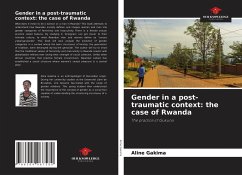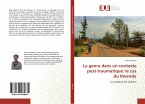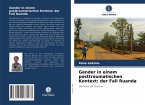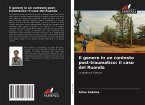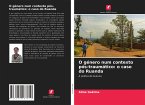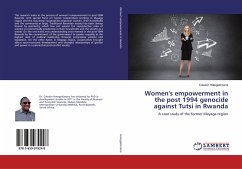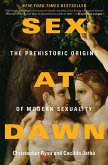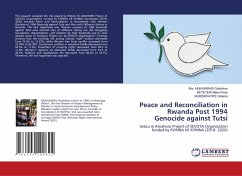What does it mean to be a woman or a man in Rwanda? This book attempts to understand how Rwandan society defines and shapes women and men into gender categories of femininity and masculinity. There is a female sexual practice called Gukuna. By studying it, foreigners can get closer to their intimate culture, to what Rwandan men and women define as "umuco y'abanyarwanda". This book will also analyze the evolution of gender categories in a context where the basic structures of kinship, the guarantors of tradition, were destroyed during the genocide. The author will try to show that the traditional values of femininity and masculinity in Rwanda coexist with globalization without ever losing their strength of social cohesion. Unlike other African countries that practice female circumcision, Rwandan culture has established a social structure where women's sexual pleasure is a central pillar.
Bitte wählen Sie Ihr Anliegen aus.
Rechnungen
Retourenschein anfordern
Bestellstatus
Storno

